|
|
|
|
Nau mai haere mai, and welcome to this week’s newsletter.
As thousands of people test positive for Omicron each day, there’s a sense of fatalism that seems to be spreading as quickly as the virus, with calls to drop public health measures and let the infection rip through the population.
But as David Welch, at the University of Auckland, and Nigel French, at Massey University, write, the idea that most of us will eventually catch COVID anyway is not only wrong but risks causing unnecessary illness for some of the most vulnerable people.
They explain how the same measures we’ve been using all along – masks, vaccination, ventilation, self-isolation and avoidance of crowded indoor places – give us control over how quickly and how far Omicron spreads. We can expect somewhere between 25% and 60% of the population to become infected in this outbreak, and whether we stay close to the lower end of the range depends on how well we adopt these measures.
Internationally, it’s been another grim week, with sanctions against Russia ramping up over its invasion of Ukraine. As the University of Waikato’s Alexander Gillespie explains, because the UN is essentially hamstrung by Russia’s Security Council veto, New Zealand has broken with 30 years of diplomatic tradition to pass an urgent law setting out a new “autonomous” sanctions regime. How that law should work and how long it lasts are important questions.
And we also have some exciting team news. Thanks to the support of all of New Zealand’s universities, Debrin Foxcroft has joined the New Zealand team this week, and you’ll hear from her soon. Meanwhile, until next week, take care and all the best – kia haumaru, noho ora mai.
|

|
Veronika Meduna
New Zealand Editor: Science, Health + Environment
|
|
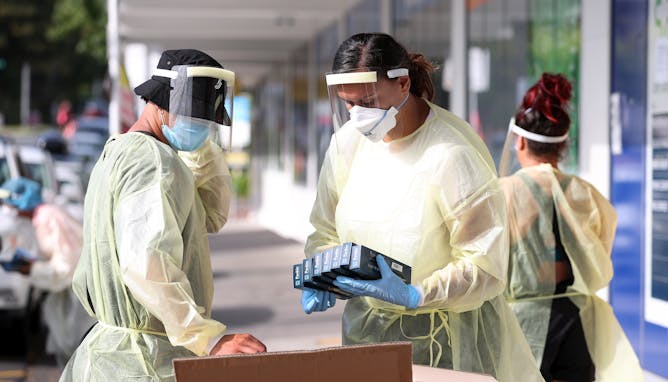
David Welch, University of Auckland; Nigel French, Massey University
As Omicron cases soar in New Zealand, most people can still avoid getting infected. Even if you share a household with an infected person, catching the virus is not at all inevitable.
|
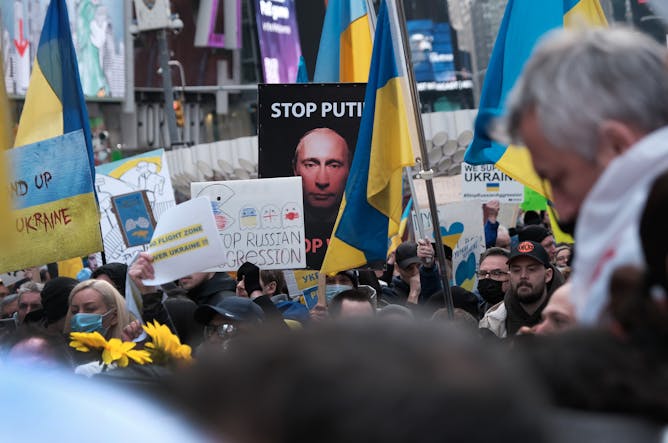
Alexander Gillespie, University of Waikato
The scope of a new law targeting sanctions at Russia will need to be clear on many critical issues, including military aid to Ukraine.
|

Elaine Reese, University of Otago
Most teens experience a dip in their well-being and the pandemic has exacerbated this pattern. But parents can safeguard their teenagers’ mental health by sharing stories from a very young age.
|
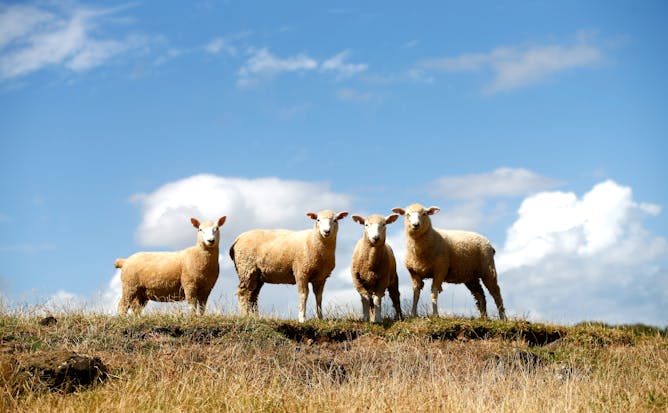
Anita Wreford, Lincoln University, New Zealand
New Zealand can expect more days above 25℃, the threshold for heat stress in livestock, and fewer frost days, which will affect crops like kiwifruit that need winter chilling.
|

Andrew Vonasch, University of Canterbury; Michael-John Turp, University of Canterbury
There is a difference between ‘negative liberty’ and ‘positive liberty’. Real freedom involves unavoidable trade-offs between the two.
|

Dr Jane Norton, University of Auckland; Dr Dean Knight, Te Herenga Waka — Victoria University of Wellington
Taking MIQ to court was meant to be something of a reckoning for New Zealand’s contentious border control policy. In the end it may be only a footnote to the bigger story.
|
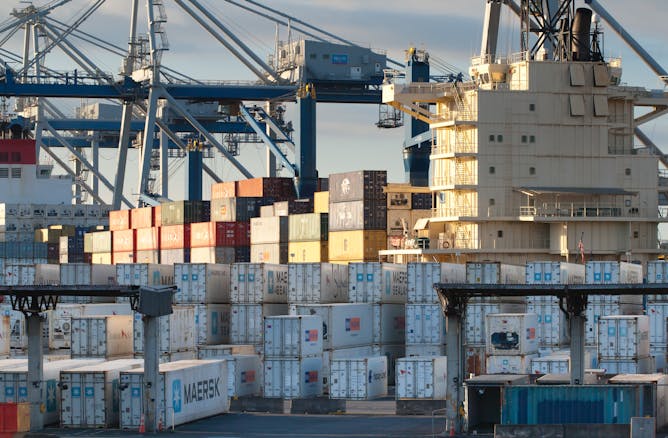
Jane Kelsey, University of Auckland
Government modelling projects a mere 0.3% increase on current GDP when the NZ-UK free trade agreement comes into full force. Does that justify the concessions the deal makes?
|
From our foreign editions
|
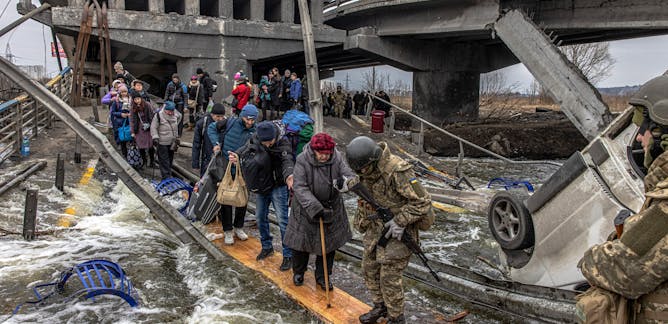
Peter Lee, University of Portsmouth
In 2005 the world decided it must take action to protect civilians from being targeted in war. In Ukraine frightened civilians are still waiting.
| |

Chris Wallace, University of Canberra
His cricketing greatness is often spoken about alongside that of the legendary Sir Donald Bradman, but the two men had very different approaches to life in the limelight.
|
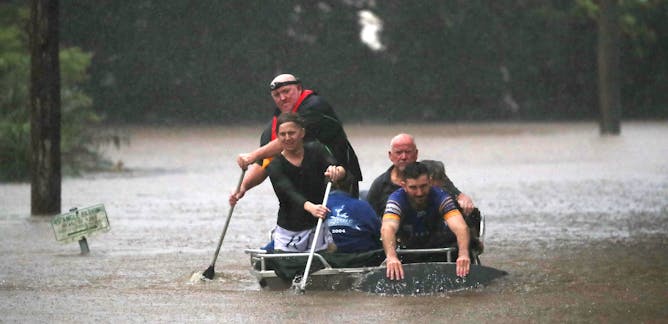
Chiara Holgate, Australian National University; Agus Santoso, UNSW Sydney; Alex Sen Gupta, UNSW Sydney
By following moisture from the oceans to the land, researchers worked out exactly how three oceans conspire to deliver deluges of rain to eastern Australia.
| |
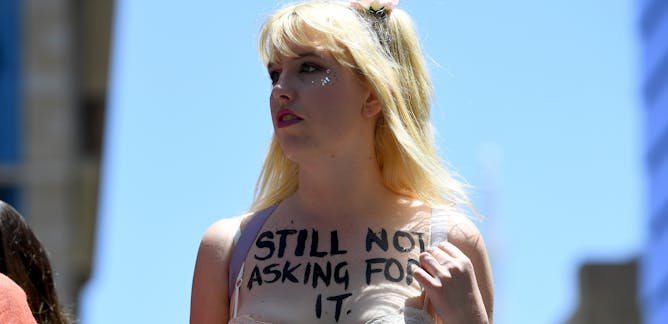
Zora Simic, UNSW Sydney
Laurie Penny’s new book Sexual Revolution offers a muddled perspective on this moment of profound cultural change, in contrast to Australian journalist Amy Remeikis’ powerful new work.
|
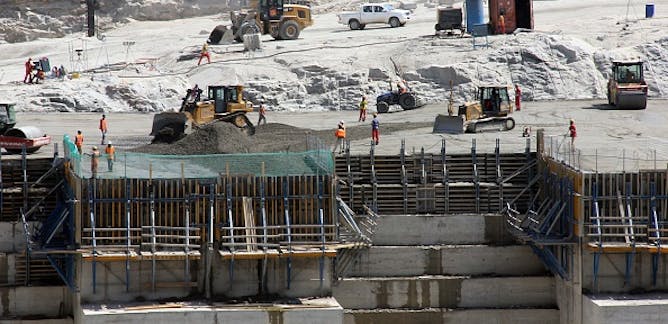
John Mukum Mbaku, Weber State University
The project violates colonial-era water rights but promises cheap and clean power to East Africa.
| |

Alexander Albury, Concordia University; Virgina Penhune, Concordia University
Music learning happens consciously and subconsciously. And even in the absence of education or training, we all have some degree of musical literacy.
|
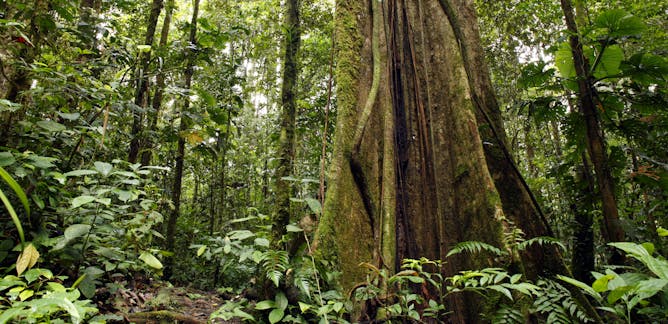
Simon Willcock, Bangor University; Gregory Cooper, University of Sheffield; John Dearing, University of Southampton
New research suggests 75% of the rainforest has become less resilient to stress since the early 2000s.
| |
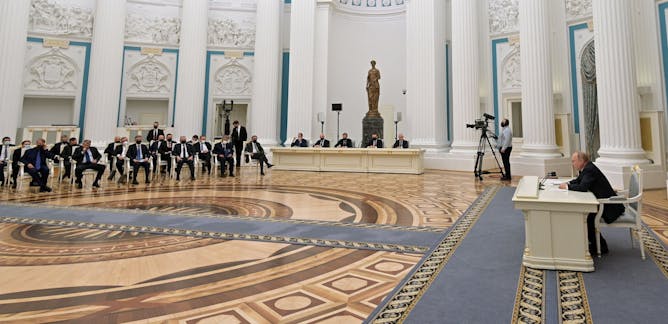
Stanislav Markus, University of South Carolina
An expert on oligarchs explains how they came to be Russia’s richest and most powerful people and scrutinizes their relationship with Putin.
|
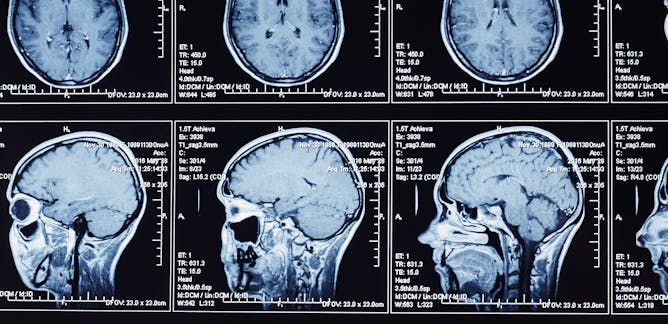
Sarah Hellewell, Curtin University
Brain changes including shrinkage, weakened connections and poorer performance on thinking and memory tests could explain ‘brain fog’ after COVID – even after ‘mild’ cases.
| |
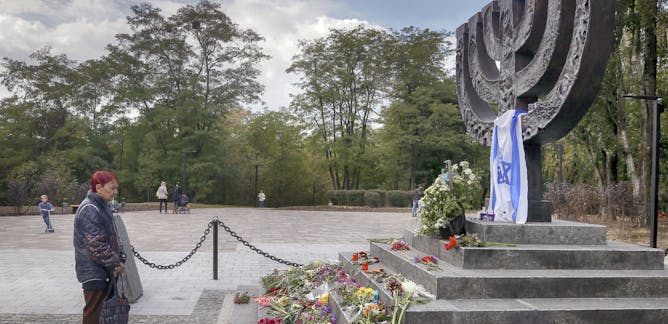
Jeffrey Veidlinger, University of Michigan
Over two days in September 1941, more than 33,000 Jews were murdered by Nazi forces and their Ukrainian collaborators in Babi Yar.
|
|
|
| |
| |
| |
| |
|
|
|
|
|
|
|